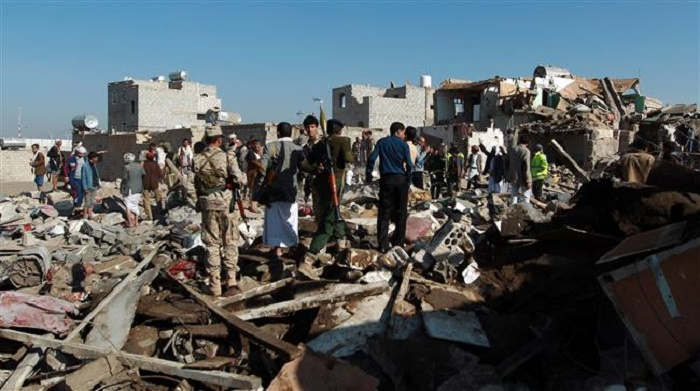Foreign Ministry Needs To Manage Yemeni Crisis

-Although the war of words has escalated between Iran and Saudi Arabia and its supporting countries, the claim of Iran’s interference in the internal affairs of the region’s countries expressed in the Persian Gulf Cooperation Council is nothing new and has precedence.
-Certain positions, like Iran’s interference in other countries of the region or the UAE’s claim about the Iranian islands, are repeated in the final statements of the Persian Gulf Cooperation Council’s meetings.
-Despite the repeated claims against Iran which the Iranian officials ignore, the recent statement made by the PGCC is mainly related to the crisis in Yemen and the dispute between Iran and Saudi Arabia.
-In general, Iran’s approach must be based on patience and prudence so that it could resolve the problems with the neighboring countries, particularly Saudi Arabia. These misunderstandings and differences must be resolved politically and through diplomatic negotiations.
-It must be noted that the relations between Iran and Saudi Arabia at the present time are even colder than during the time of war between Iran and Iraq when Riyadh supported the Ba’athist regime of Iraq. This is while good relations between the neighboring countries and the resolution of differences for the establishment of peace and security in the region and playing a constructive role to create calm in the region would prevent extra-regional countries from taking advantage of the situation.
-The developments in Yemen with Saudi Arabia’s military intervention in that country and our country’s unintentional involvement in this war and the mismanagement of the main players in controlling the situation at the political and diplomatic level is transforming into an uncontrollable crisis and creation of a center for possible clashes in the region.
-In Iran, the Foreign Ministry is in charge of diplomacy and the National Security Council is in charge of macro-strategic issues and is presided by the President.
-Therefore, decisions should be made at the highest level to manage and end this crisis which has become a regional priority for the Islamic Republic of Iran. The reason is that different organizations and people take certain positions in this regard which could create problems for the official institutions of Iran and further complicate these matters because the world is watching these statements and positions even at the lowest official levels.
-Thus, I believe that what has been ignored in the crisis in Yemen is the role which the Foreign Ministry must play in this regard. In the absence of Iran’s diplomacy to resolve this crisis, Saudi Arabia has been able to even gain the alliance of Iran’s former allies in its attack against Yemen and unfortunately the unbalanced resolution of the PGCC was adopted with the majority of votes in the Security Council.
-Some Foreign Ministry officials whose job is to calm the situation and maintain the political and diplomatic atmosphere have taken military and security positions instead of pursuing a diplomatic and peaceful approach.
-Hence, three important decisions must be made at the highest level in the National Security Council in order to help end the crisis in Yemen.
-First, the war of words which has no benefit except instigating people’s sentiments, deepening hostilities and transforming a foreign crisis into a national issue should end.
-Second, returning the Foreign Ministry from the sidelines of Yemen’s developments to the center of the issue and playing the main role in this issue.
-Through political and diplomatic approaches, one can be optimistic about the opening of a dialogue between Iran and Saudi Arabia as the two main players in the developments of Yemen. It is hoped that both parties could reach a common point which would be a beginning to end other differences.

